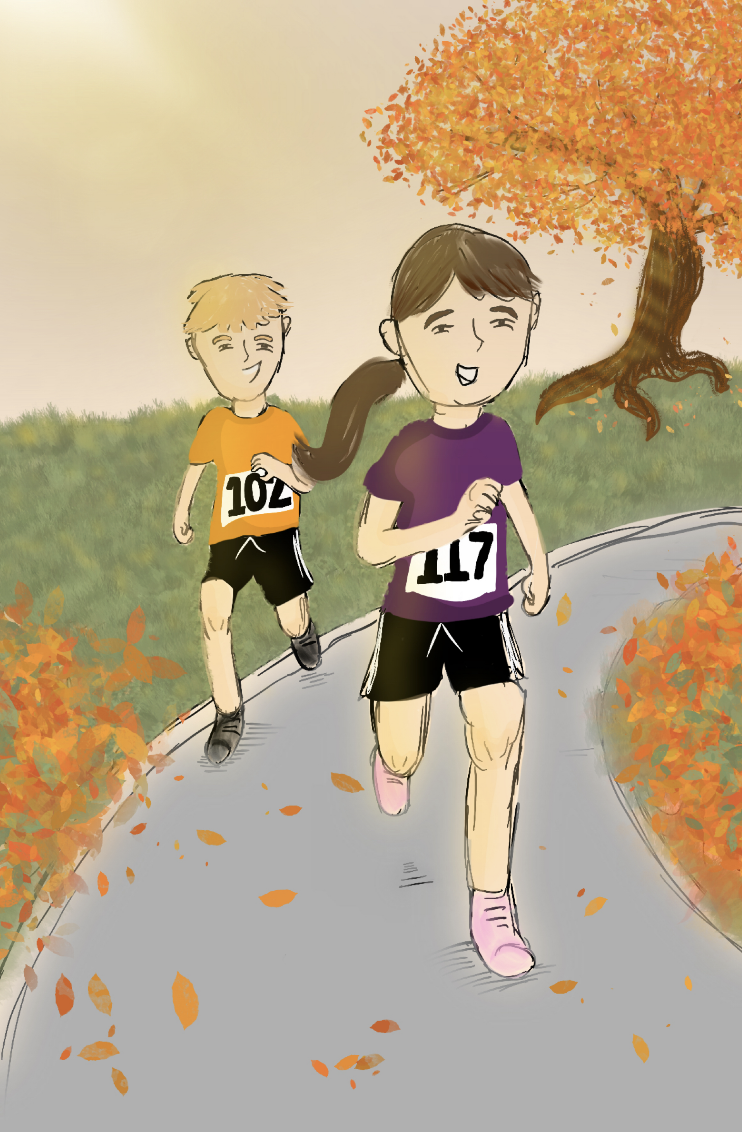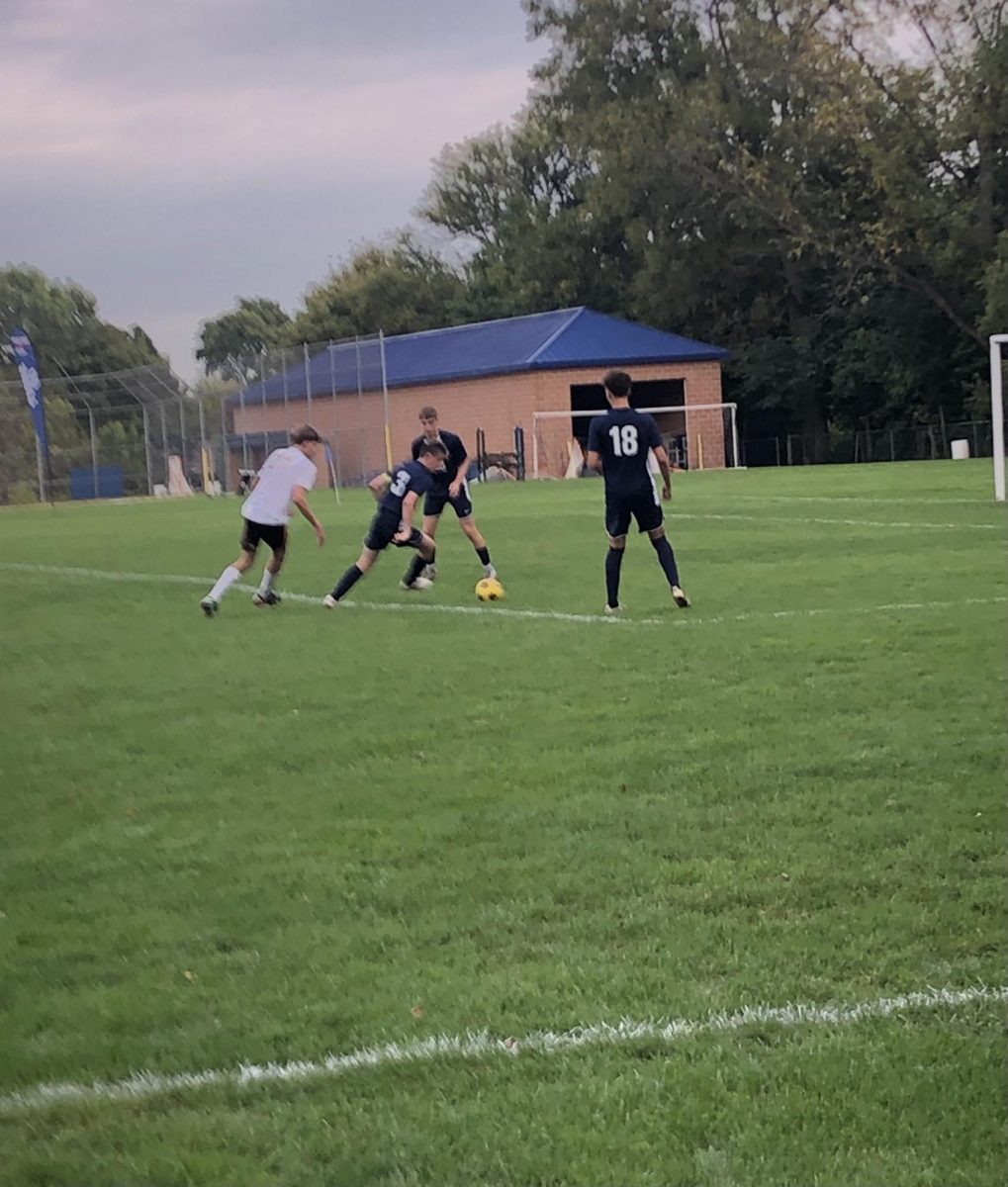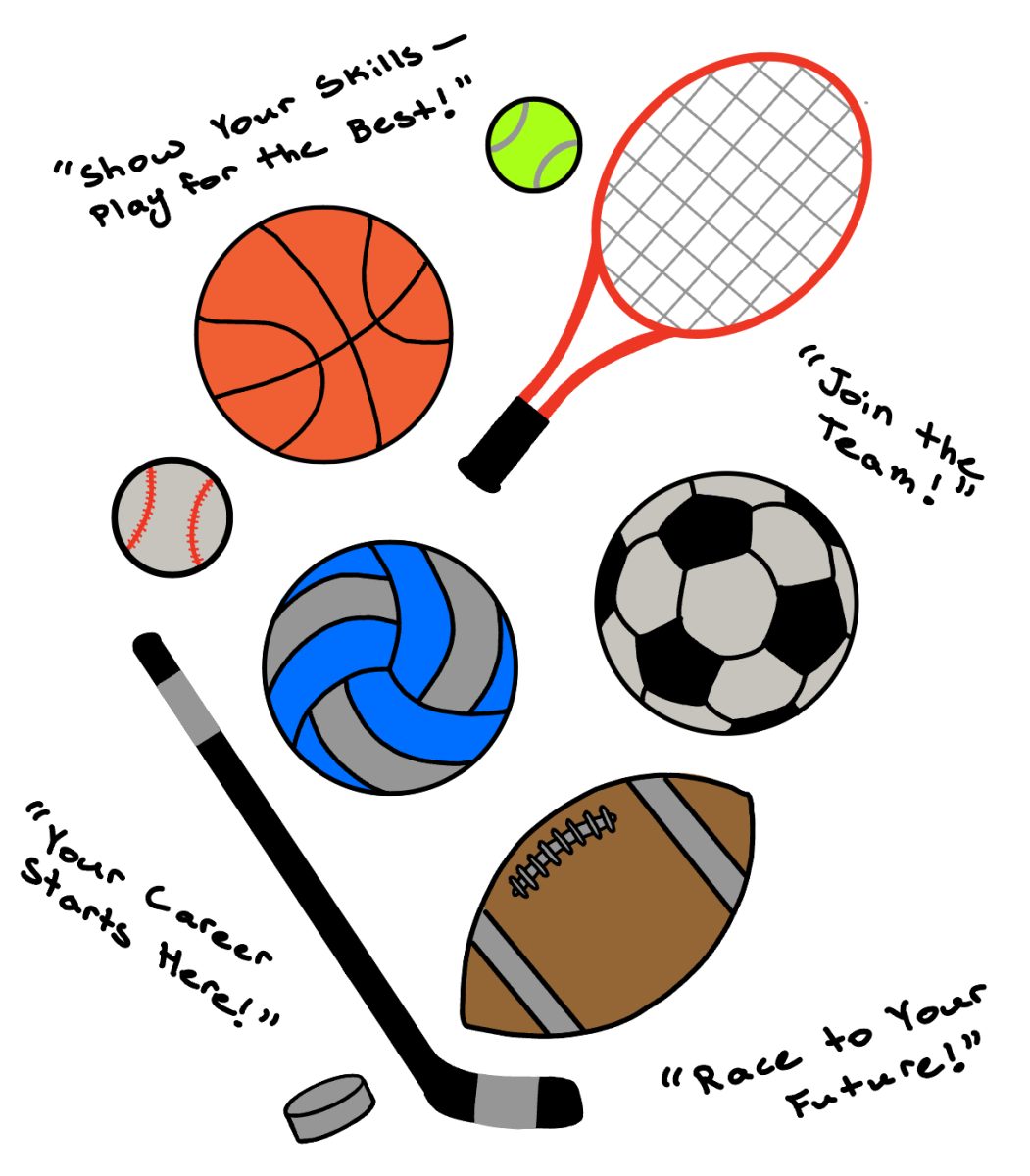In recent years, college sports has undergone a significant transformation with the introduction of Name, Image, and Likeness (NIL) deals. This groundbreaking shift has sparked intense debates surrounding the benefits and drawbacks of allowing college athletes to profit from their own image and brand. While both sides have support, NIL deals do seem to benefit college sports more than they hurt them.
On the positive side, NIL deals offer college athletes the opportunity to capitalize on their hard work, talent, and marketability. Traditionally, student-athletes were barred from receiving compensation beyond scholarship, despite their contributions to the lucrative sports industry. NIL deals allow athletes to profit from their personal brands through endorsements and sponsorships (big names being Caleb Williams, Shedeur Sanders, and Bronny James), as well as through social media partnerships (the most popular athlete being Livvy Dunne). Furthermore, NIL deals can contribute to leveling the playing field by providing athletes in less high-profile sports or non-revenue-generating programs with an avenue to earn income. Some sports do not receive an equal amount of assistance from school funding, so NIL deals provide a route for specialized athletes in smaller sports to care for themselves.
“I believe NIL deals can provide extra opportunities for all athletes,” said sophomore Matthew Wallace.
As a result of NIL deals, the college sports landscape may become more inclusive and diverse, reflecting the wide array of talents present across different sports.
However, drawbacks of NIL deals in college sports can be seen in potential for increased commercialization of college athletics, shifting the focus away from the spirit of the sport and the educational mission of universities. Critics argue that the pursuit of these deals may distract athletes from their primary role as students, compromising their academic performance and overall college experience. Although, this argument can be easily combated, as fans of college sports and true athletes truly care about their sport, and maintaining a focus on school and working hard at their sport is what allows them to continue doing what they love.
In conclusion, NIL deals in college sports brings both advantages and disadvantages. While these deals offer a chance for athletes to profit off their talents and hard work, concerns about the potential commercialization of college athletics are still in question. Striking a balance between providing opportunities for athletes and preserving the raw love and purity of college athletics remains a critical challenge as the landscape of college sports continues to evolve.
College athletes making bank
Following the addition of NIL deals, athletes are receiving the compensation they deserve
Donate to Viator Voice
$50
$500
Contributed
Our Goal
Your donation will support the student journalists of Saint Viator High School. Your contribution will allow us to purchase equipment and cover our annual website hosting costs.








